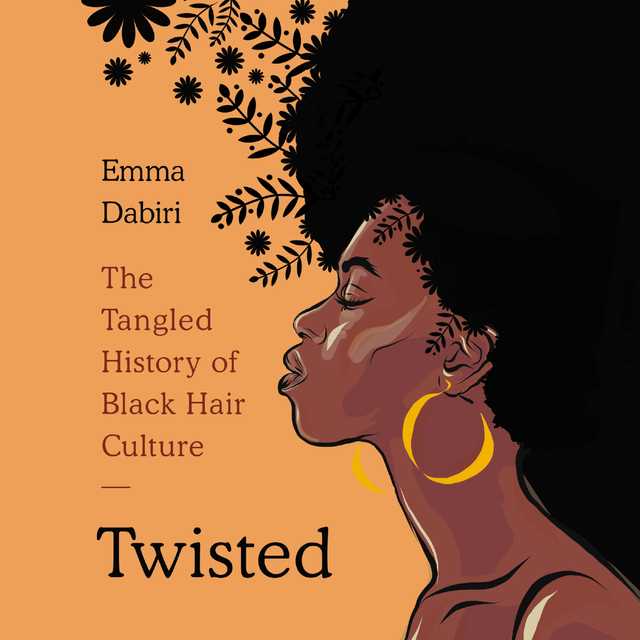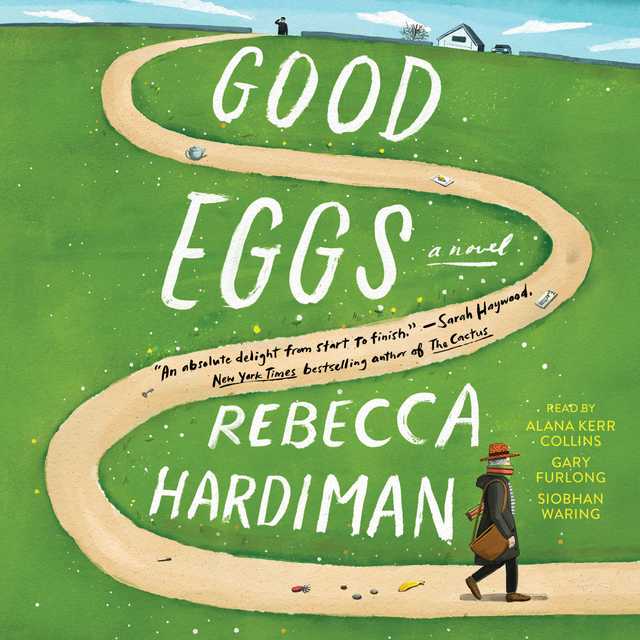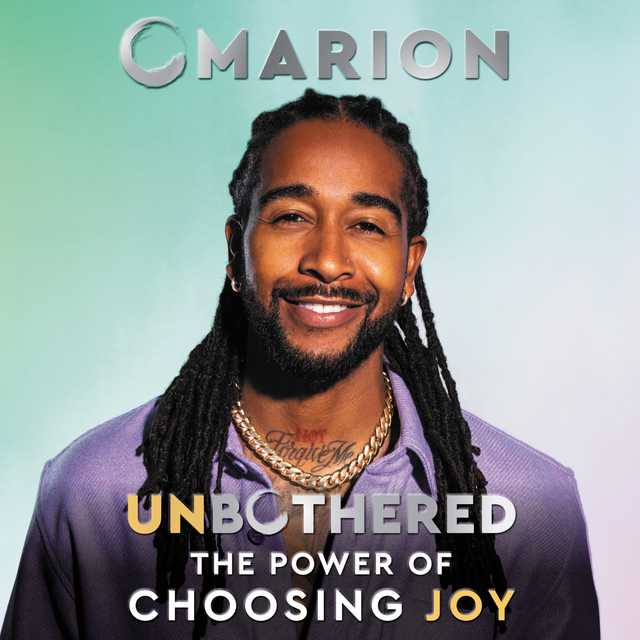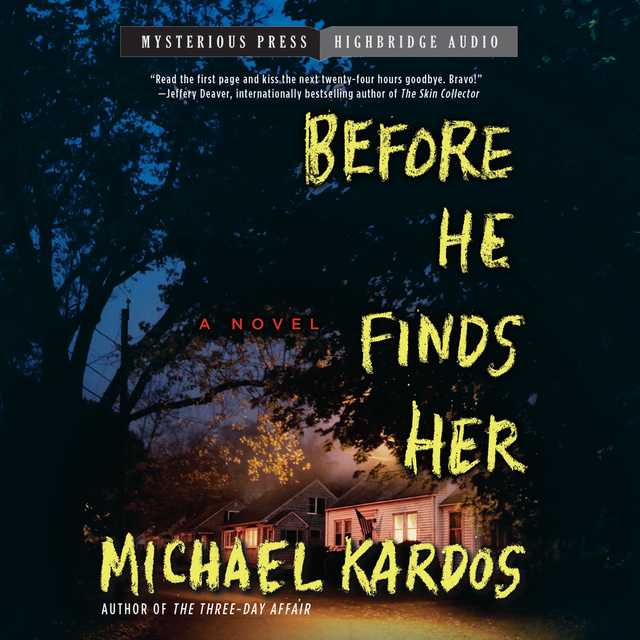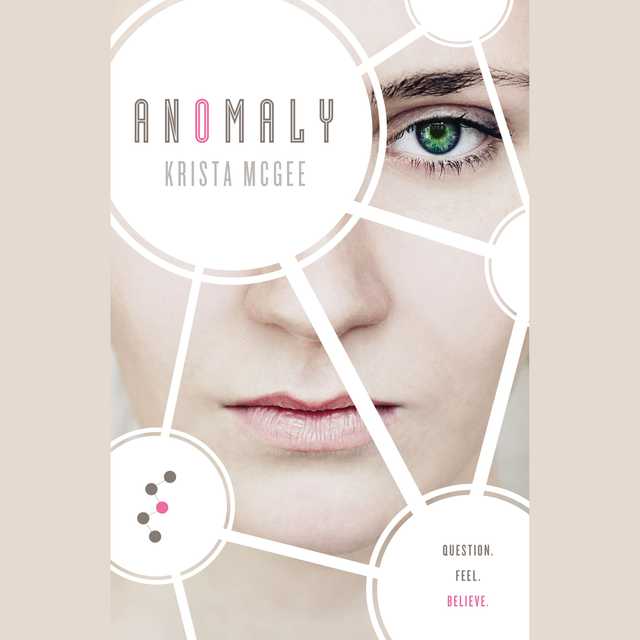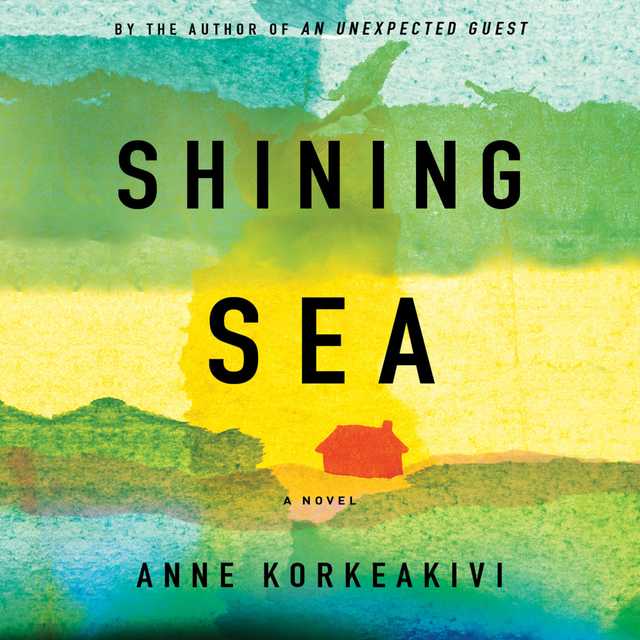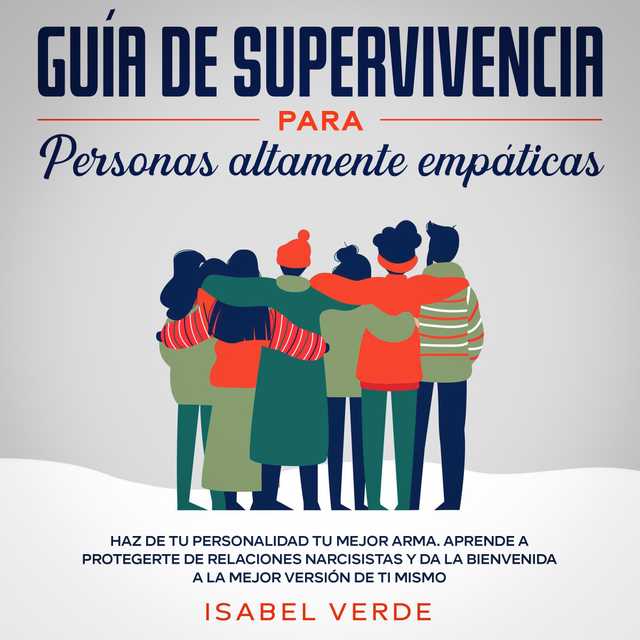Twisted Audiobook Summary
From Guardian contributor and prominent BBC race correspondent Emma Dabiri comes a timely and resonant essay collection exploring the ways in which black hair has been appropriated and stigmatized throughout history, with ruminations on body politics, race, pop culture, and Dabiri’s own journey to loving her hair.
Emma Dabiri can tell you the first time she chemically straightened her hair. She can describe the smell, the atmosphere of the salon, and her mix of emotions when she saw her normally kinky tresses fall down her shoulders. For as long as Emma can remember, her hair has been a source of insecurity, shame, and–from strangers and family alike–discrimination. And she is not alone.
Despite increasingly liberal world views, black hair continues to be erased, appropriated, and stigmatized to the point of taboo. Through her personal and historical journey, Dabiri gleans insights into the way racism is coded in society’s perception of black hair–and how it is often used as an avenue for discrimination. Dabiri takes us from pre-colonial Africa, through the Harlem Renaissance, and into today’s Natural Hair Movement, exploring everything from women’s solidarity and friendship, to the criminalization of dreadlocks, to the dubious provenance of Kim Kardashian’s braids.
Through the lens of hair texture, Dabiri leads us on a historical and cultural investigation of the global history of racism–and her own personal journey of self-love and finally, acceptance.
Deeply researched and powerfully resonant, Twisted proves that far from being only hair, black hairstyling culture can be understood as an allegory for black oppression and, ultimately, liberation.
Other Top Audiobooks
Twisted Audiobook Narrator
Emma Dabiri is the narrator of Twisted audiobook that was written by Emma Dabiri
Emma Dabiri is a regular presenter on BBC and contributor for The Guardian. She is a teaching fellow in the Africa department at SOAS and a Visual Sociology PhD researcher at Goldsmiths. Her writing has been published in a number of anthologies, academic journals, and the national press. She lives in London.
About the Author(s) of Twisted
Emma Dabiri is the author of Twisted
More From the Same
- Author : Emma Dabiri
- What White People Can Do Next
- Publisher : HarperAudio
- Abraham
- American Gods [TV Tie-In]
- Dead Ringer
- House of Sand and Fog
- Prey
Twisted Full Details
| Narrator | Emma Dabiri |
| Length | 7 hours 42 minutes |
| Author | Emma Dabiri |
| Category | |
| Publisher | HarperAudio |
| Release date | June 23, 2020 |
| ISBN | 9780063011861 |
Subjects
The publisher of the Twisted is HarperAudio. includes the following subjects: The BISAC Subject Code is Black Studies (Global), Social Science
Additional info
The publisher of the Twisted is HarperAudio. The imprint is HarperAudio. It is supplied by HarperAudio. The ISBN-13 is 9780063011861.
Global Availability
This book is only available in the United States.
Goodreads Reviews
Bookishrealm
August 22, 2020
4.5 Stars. What a powerful book! I mean if you know anything about the Black hair experience than you know how phenomenal this book isTwisted: The Tangled History of Black Hair Culture is Emma Dabiri's take and insight to the complex world that is Black hair. This book not only focuses on her own personal experience, but also the beautiful yet sometimes heartbreaking history that Black people have with their hair. While it may insignificant to most, Black hair culture is a complex, dynamic part of our identity. Dabiri spends chapters of the books discussing all facets of Black hair in relationship to Yoruba traditions, the hair binary, the relationship between Black men and their hair, historical figures like Madame C.J. Walker, cultural appropriation, and more. What I enjoyed most about the book was the different views and perspectives that Dabiri explored. There were aspects of the text that I was familiar with while there were others that enlightened me on my own experiences and the experiences of others. One of most interesting points centered around "hair binary." According to Dabiri, we have become a culture where Black women who have natural hair are considered "woke" while those who do not are still considered to fit within the confines of traditional European standards. Dabiri attempts to reinforce the idea that this binary is not so black and white. At first, I didn't get what point she was trying to make, but then I realized that our relationship with our hair is so complex that creating something like a hair binary could never work. I also loved that she explored the complex relationship that exists between Black women and Black men in relation to hair. I think that Dabiri does an excellent job bringing the whole idea of internalized racism and proximity to Whiteness into this conversation and showing how it not only affects the relationship Black men have with Black women, but also the complex relationship they have with themselves. It was very clear from the text that Dabiri spent a great amount of time taking the basis of her own experience with Black hair culture and applying research to open the gateway for a well-rounded discussion. There was one issue that I had with the book and it's the fact sometimes it felt as Dabiri had the habit of getting off topic. She would go off on a tangent and then be forced to attempt to bring it full circle back to the discussion about hair. I watched her doing a virtual talk on Youtube and she does discuss the fact that while this book is about Black hair culture there was more that she wanted to include. While I do feel as though the information was just as important it felt like I was reading two different novels at certain points in the book. Overall, this was a great non-fiction pick for the month. I really think that if there are people who want to more about Black hair culture than I would definitely recommend picking it up.
Mandy
June 11, 2019
Intelligent, thoughtful and thought-provoking, I found this a truly riveting read. It’s an exploration of black women’s (mainly) hair and for me it was jaw-dropping and eye-opening (to mix metaphors) at the same time. I never realised that hair could be such a complex, multi-layered and political subject. Because as the book states, black hair is never “just hair”, and this brilliantly and convincingly argued account demonstrates this with clarity, meticulous research and personal reflection and experience in an engaging and entertaining style. Highly recommended and I am just so glad I read it.
BookOfCinz
August 19, 2020
As a young child, I spent long hours on the floor wedged between the strong legs of strangers, my head cradled in their lap. These early childhood memories are vague in detail but strong in atmosphere. Emma Dabiri left no stones unturned with regards to the history of Black Hair culture and how it continues to affect us today. It is clear she did her research and lived the experiences that she writes so knowledgeably about. I learned so much reading this book. While the grounding topic was hair, this lead to discussions around "wokeness" cultural appropriation, the Black Power movement along with dating. So much is covered in this book, and covered so well. An absolute must read! I need to get my hands on a physical copy so I cam highlight every page!
Aoife
June 11, 2020
KNOWLEDGE!!What a fantastic book that is so eye-opening and captivating, and so, so well put together. The way Emma Dabiri has managed to write a book that is themed around hair -specifically hair of a black woman - and connect it to so many issues today such as racism of old, systematic racism now, European fetishization of black bodies, hair and culture while black woman are punished.I honestly know so much more than I did before - not only about what hair truly means for a black person but how it signifies a bigger community, and a wealth of women in family and friendship - and how this was taken away from the black woman when she was forced into slavery. How people were made to feel ashamed of their hair - how the ideal hair for a woman with natural 'kinky', tight curly hair is still this European ideal of soft silky hair. How that all comes back to when Europeans initially colonized parts of African and brought their weird ideas of what hair was suppose to be, what beauty was suppose to be, what gender actually meant and how they even forced the European idea of time on African communities who used to measure time in a completely different way than we do now.Natural black hair can even be connected to science and mathematics in the most amazing ways - and I'm saying this as someone who hated maths in school and still freezes up if I'm expected to do any kind of calculation in my head.Hair in this book is so much more than something to brush (or not brush) every day. It's a whole history. I can't recommend this book enough!"Through African hairstyles, we can observe beauty standards and aesthetics, spiritual devotion, values and ethics, and even, quite literally, maps from slavery to freedom."
Mara
February 13, 2022
I was not expecting this to be both a cultural history of a beauty object standard (e.g. hair) and a history of ideas! This book wove in various African philosophical traditions around time, community, work, and so many other things in contrast to how European culture views those things, and then synthesizes those contrasts into a specific example of hair. This was both an intellectually stimulating and personally reflective read for me viz a viz my own relationship to beauty standards as well as ways that I have upheld European beauty standards for people with hair textures that do not easily comport to those standards
Mina
August 20, 2021
"Don't touch my crownThey say the vision I've foundDon't touch what's thereWhen it's the feelings I wear." I'll always remember the first time someone put their hands on my hair and said it looked like black cotton candy. It was my first summer here, I was just shy of 20 and all alone in a foreign country. So, a bunch of us were in group study and this 'person' just puts his hand in my high puff for a good couple of seconds just feeling it and all I could do was just sit there in that stuffy lecture hall smile and say THANKS when really I was boiling inside because "How the dareth you touch my hair and say it looks like bloody COTTON!!!" Anyways I'm far from that smiley 20 year old, New York has raised me well. Now, if you try that move on me I will karate chop off your hand. Cheers. Now personally, I have gone through the most with my hair. My relationship with Atemba (My hair) is complex. I can be term it as a love-hate relationship . On some days, I will love on her and she can decide to show love back. On other days, she'll be like girl NO! but she comes correct.. (well sometimes)I've not always understood that my hair is perfect as it is; growing up my mother used to do my hair cornrows, bantu knots, fro babies name it. But like most 4C type hair, mine is really coarse and abhors heat which is something that our mothers never really got. (Hello heat damage!) So I had it relaxed just before going away to a boarding school for my secondary education because I thought and honestly believed that is how beautiful hair should look. As a young adult, I slowly began to understand that my hair does not define me. I learnt that I do not need to conform to euro centric standards of beauty and that I do not have to hide my hair if that is not what I want to do. My hair is mine! It is beautiful!! It does not look like bloody cotton candy!! I can do with it as I please.. and so can you black queen "You can shave it offLike an African beautyOr get in on lockLike Bob MarleyYou can rock it straightLike Oprah WinfreyIf its not what’s on your headIts what’s underneath and say HEY…." Dabiri talked about the aspect of hair as non binary and I appreciated the concept. Just because some choose to wear their hair natural doesn't make those that don't any less. We can not attempt binarize (is this even a word) our relationship with our hair because it is complex. So overall I am happy to have read a book that details something that I'm very passionate about!I really enjoyed this book. I speed read through it as it was easily relatable. I will definitely be coming back to it as it also alludes to aspects of internalized racism that I would like to understand her perspective of ...
nina
February 13, 2023
“cultural appropriation operates as part of a structural power dynamic where the ‘appropriating’ actors belong to an advantaged group. this group systematically extracts the cultural resources of a subordinate group, erasing the subordinate group’s involvement in the process.”being a black girl is having your femininity questioned from birth until you’re hyper-sexualised from the edge of adolescence. being a black girl is questioning if every man you’ve interacted with genuinely likes you or if they’re simply fetishising you. being a black boy is having a criminal, almost animalistic narrative forced on you as soon as you learn how to walk. being a black boy is being seen as threatening when doing the most mundane of tasks. being a black person is being seen as a subpar human being simply because your skin is more melanated than your caucasian counterparts. being a black person is having to work twice as hard to get half of what a white person gets. being a black person is never being 100% comfortable in your skin because media pushes eurocentric beauty standards as being more desirable. being a black person means everything you do is seen as ghetto until a white person makes it fashionable. being a black person is having to laugh when your friends say they’re “almost as dark as you” when they’ve tanned. being a black person is having to correct the teacher when they call you by another black person’s name, even when you look nothing alike.but being black is beautiful. being black is being interlinked with diaspora on every corner of the globe; your home away from home. being black is having an enriching culture, so enviable that people fight to claim what’s ours and turn it into a trend. being black is being able to find a rhythm in the most mundane of sounds, we are naturally musicians. being black is having your hair defy gravity and having the sun as your best friend. for the world to convince us otherwise is one of the greatest crimes against humanity, because a black person should not have to spend their entire life compensating for their existence. “in our desire to see our own beauty acknowledged, we forget that the beauty regime is an oppressive construct designed to keep women in a state of heightened insecurity.”from chemically straightening my hair for years to make it more “manageable,” to finally throwing away my relaxer and letting my natural hair grow, before cutting the dead ends off and accepting my beautiful curls, my relationship with my hair has been anything but linear. it’s only been recently that i’ve learned to accept my hair in it’s natural state and allow people to actually see it, rather than hiding it in braids for months. growing up hating your hair, an integral part of identity, is more common than it should be for little black girls, and it truly doesn’t help that the narrative of girls with pin straight hair (and predominantly eurocentric features) being more desirable than predominantly black features is pushed, if not shoved, in the media. every black girl has deeply rooted issues with their identity; growing up seeing no one who looks like you on tv is so unbearably damaging, and those who do look like you are more often than not antagonised or seen as comedic relief. surely there’s more to black people than that?emma dabiri accomplishes something so beautiful in this book; reading people to filth with elegance while also educating us on the historical and societal significance of afrocentric hair. there were some facts and topics that i didn’t know/wasn’t educated properly on, and i really appreciate the fact that i could learn something new while also heal my inner child. reading about someone who also grew up in ireland was so refreshing istg girls it was like reading a biography. i truly believe this book should and will be on reading lists for curriculums in the near future, and if it isn’t i’m afraid i’ll have to intervene🙄“speaking about pain is not the same as dismantling the power structures that create that pain.”no one should have to grow up questioning their worth as a person, apologising for their existence because life has taught them nothing else. but it seems that’s all life has to offer to black people, and that makes me irate.
Esme
August 26, 2019
I think very possibly the best book I’ve read in 2019. Well written, incredibly well researched and academic but didn’t lose humour or personality. Not a bad word to say about it. And I’m still reeling about some of those complex fractal braid patterns! I can’t even get a plait to stay in my “lank, thin, greasy” hair 😫😫😫
Anne
February 05, 2020
This is a fantastic academic, yet very accessible, work on the history of black hair, its styles, its needs and how hair is a cultural expression of a community. This is a must read for historians and those interested in sociology and racism. Excellently written and compelling throughout.
Amanda
August 29, 2020
Thank you, Emma Dabiri and Harper Perennial for the opportunity to read this book!Twisted: The Tangled History of Black Hair Culture by Emma Dabiri is a collection of essays about the history, culture, and racism surrounding Black hair. Black hair has a beautiful history that has been erased by European history. Today, Black hair is still a source of discrimination. It is stigmatized and appropriated. Emma Dabiri begins by giving her background. She is Black and Irish, with “tightly coiled hair.” Her first memories regarding her hair is that it was something bad–something that needed to managed. She didn’t have access to the proper hair care and she was often made to feel ashamed of her hair. She then dives into the history regarding black hair and hair discrimination. The most important detail is her growth to love herself and embrace her beautiful hair.“Africa is the gift that keeps on giving. African and Afro-diasporic cultures continue to be presented as lesser, as primitive and underdeveloped, while the systematic extraction of their resources-physical, cultural, and material-continues on at a merry pace.”TWISTEDI cannot recommend this book enough. It is a powerful statement of taking back her power, embracing her identity as a Black woman with Black hair. As a white woman, I can’t relate. My heart is absolutely broken for all those who have discrimination for the color of their skin and their hair. It should be accepted and embraced. The fact that history had tried to break and erase Black culture is infuriating. I had no idea that the history behind Black hair is so complex and I am angry that I never knew this. I am so glad I read this because now I do know! Black hair is not just cultural but there is also science and mathematics that comes from this culture. It is eye-opening and brilliant.The research that went into this book is just astounding. European history tried to erase much of it but she is able to bring up some history. I am now going through her references to read and learn more. I can’t stress this enough, read this book. The discrimination that many face needs to be discussed so we can make a better world for our fellow Black brothers and sisters. Read this book. 5 out of 5 stars.
Kara
February 18, 2022
Hair is so personal to ourselves, yet in many ways it is also political. Hairstyles can signal status—gender, affluence, class, or cultures. As Emma Dabiri explores in Don’t Touch My Hair, this is particularly true for Black women. This book goes far deeper than I expected given its length; Dabiri fuses her personal experience growing up Black in Ireland and the United States with meticulous research. The latter takes us from enslaved people in the Americas to Yoruban culture and mathematics to the sprawling, technologically sophisticated cities of African empires. This book is about far more than hair; it is a story of culture and history as it is written on people’s bodies.As a white person who grew up in a city with a very small number of Black people, Black hair has never been something I have had much familiarity with or call to think about. Somewhere along the way, I learned about the controversial idea of Black people rocking “natural hair” instead of relaxed or straightened hair—but again, my racialization and upbringing meant that I really didn’t understand the internal politics of such decisions. Dabiri is really doing white people a favour when she discusses the history and weight of Black hairstyles, for she helps us understand how colonialism extended its control over Black bodies long past the formal end of slavery. In so doing, we go far beyond the simple eponymous admonishment and actually get to the root (pun intended) of our society’s misogynoir attitude towards Black women’s natural hair.Dabiri’s grounds her connections between colonialism and hairstyling in her Yoruba heritage, but I suspect similar stories exist from other African cultures. She relates what she has discovered about the role that hairstyling played in Yoruban life, from the status of travelling hairstylists to the way that one’s hairstyle could signal one’s social position, such as a messenger. Dabiri admits that taking care of natural Black hair is time-consuming, then goes on to say: The time it takes to do Afro hair is, quite frankly, the time it takes to do it. And it is in this fact that a very powerful truth is revealed. Our hair continues to be a space in which the fault lines between an imposed European system and black bodies’ resistance to that system are exposed and played out in real time. Our very bodies are positioned as seemingly at odds with the “British values” imposed by colonialism. As such they are subject to regulatory procedures. Truly in this paragraph Dabiri demonstrates why it is so necessary for white people like myself to continue, always, to read books about racism by Black people. It isn’t enough to stop at “ok, don’t touch Black people’s hair without asking, and don’t ask to touch a Black person’s hair.” That’s merely being not racist. If one wants to be antiracist, one needs to go deeper than mere behaviours and actually understand the connection between Black hair and the forces that maintain racist oppression. That’s what Dabiri does in the above paragraph and throughout this book, and it is why no white person will ever be an expert on anti-Black racism no matter how many of these books we read.But one of the benefits of reading to learn more about being antiracist is that it also encourages me to think about how white supremacy, while not oppressing me, also forces me into certain patterns of behaviour. Reading this book inspired me to reflect on how my relationship with my own hair has changed over the past few years, mostly as a result of my transition. Since that isn’t relevant to my thoughts on this book, I turned that reflection into a companion blog post that you can read if you are interested in my thoughts.Beyond the antiracist education made available in Don’t Touch My Hair, there is just a wealth of cultural and personal knowledge that Dabiri shares. I was not expecting the final chapter to be all about mathematics! It was with such delight that I read Dabiri’s account of research done by white ethnomathematician Ron Eglash. In this way she summarizes how, historically, Yoruban and other African cultures have used hair as a way to describe mathematical knowledge, such as fractals, long before these concepts were laid out in writing by European mathematicians. We often give a tip of our hat in mathematics to the contributions of “Islamic mathematicians” while forgetting that a large portion of Muslims were, indeed, Black Africans. This erasure is, in and of itself, a form of racist revisionist history wherein even as we re-admit Islamic contributions into science and mathematics, we whitewash Islamic scientists and mathematicians just enough that they become palatable to Eurocentric stories of these disciplines.Dabiri’s point? African people have always participated in scientific and mathematical discovery and innovation long before Europeans showed up in Africa, looked around, and promised to deliver “civilization” by railway at gunpoint. Moreover, African people did this through complex, three-dimensional ways of storytelling, from the construction of their cities and weaving of their clothes to the styling of their hair.Highly recommend this book to a wide audience, particularly for white people like myself. It isn’t too long, it is rigorously cited, and it is packed full of important ideas and information. Dabiri’s writing challenges you, pushes you to consider your own complicity in these systems, and exposes wide without recourse the ways in which white supremacy continue to oppress Black bodies despite supposedly centuries of freedom. It’s time to change that.Originally posted on Kara.Reviews, where you can easily browse all my reviews and subscribe to my newsletter.
Book Minded Mag
May 01, 2020
Read this book. It is VITALLY important if you want to understand how black hair has been weaponized, criminalized, appropriated and used to discriminate against black people since slavery. READ. THIS. BOOK.
Most Popular Audiobooks
Frequently asked questions
Listening to audiobooks not only easy, it is also very convenient. You can listen to audiobooks on almost every device. From your laptop to your smart phone or even a smart speaker like Apple HomePod or even Alexa. Here’s how you can get started listening to audiobooks.
- 1. Download your favorite audiobook app such as Speechify.
- 2. Sign up for an account.
- 3. Browse the library for the best audiobooks and select the first one for free
- 4. Download the audiobook file to your device
- 5. Open the Speechify audiobook app and select the audiobook you want to listen to.
- 6. Adjust the playback speed and other settings to your preference.
- 7. Press play and enjoy!
While you can listen to the bestsellers on almost any device, and preferences may vary, generally smart phones are offer the most convenience factor. You could be working out, grocery shopping, or even watching your dog in the dog park on a Saturday morning.
However, most audiobook apps work across multiple devices so you can pick up that riveting new Stephen King book you started at the dog park, back on your laptop when you get back home.
Speechify is one of the best apps for audiobooks. The pricing structure is the most competitive in the market and the app is easy to use. It features the best sellers and award winning authors. Listen to your favorite books or discover new ones and listen to real voice actors read to you. Getting started is easy, the first book is free.
Research showcasing the brain health benefits of reading on a regular basis is wide-ranging and undeniable. However, research comparing the benefits of reading vs listening is much more sparse. According to professor of psychology and author Dr. Kristen Willeumier, though, there is good reason to believe that the reading experience provided by audiobooks offers many of the same brain benefits as reading a physical book.
Audiobooks are recordings of books that are read aloud by a professional voice actor. The recordings are typically available for purchase and download in digital formats such as MP3, WMA, or AAC. They can also be streamed from online services like Speechify, Audible, AppleBooks, or Spotify.
You simply download the app onto your smart phone, create your account, and in Speechify, you can choose your first book, from our vast library of best-sellers and classics, to read for free.
Audiobooks, like real books can add up over time. Here’s where you can listen to audiobooks for free. Speechify let’s you read your first best seller for free. Apart from that, we have a vast selection of free audiobooks that you can enjoy. Get the same rich experience no matter if the book was free or not.
It depends. Yes, there are free audiobooks and paid audiobooks. Speechify offers a blend of both!
It varies. The easiest way depends on a few things. The app and service you use, which device, and platform. Speechify is the easiest way to listen to audiobooks. Downloading the app is quick. It is not a large app and does not eat up space on your iPhone or Android device.
Listening to audiobooks on your smart phone, with Speechify, is the easiest way to listen to audiobooks.

